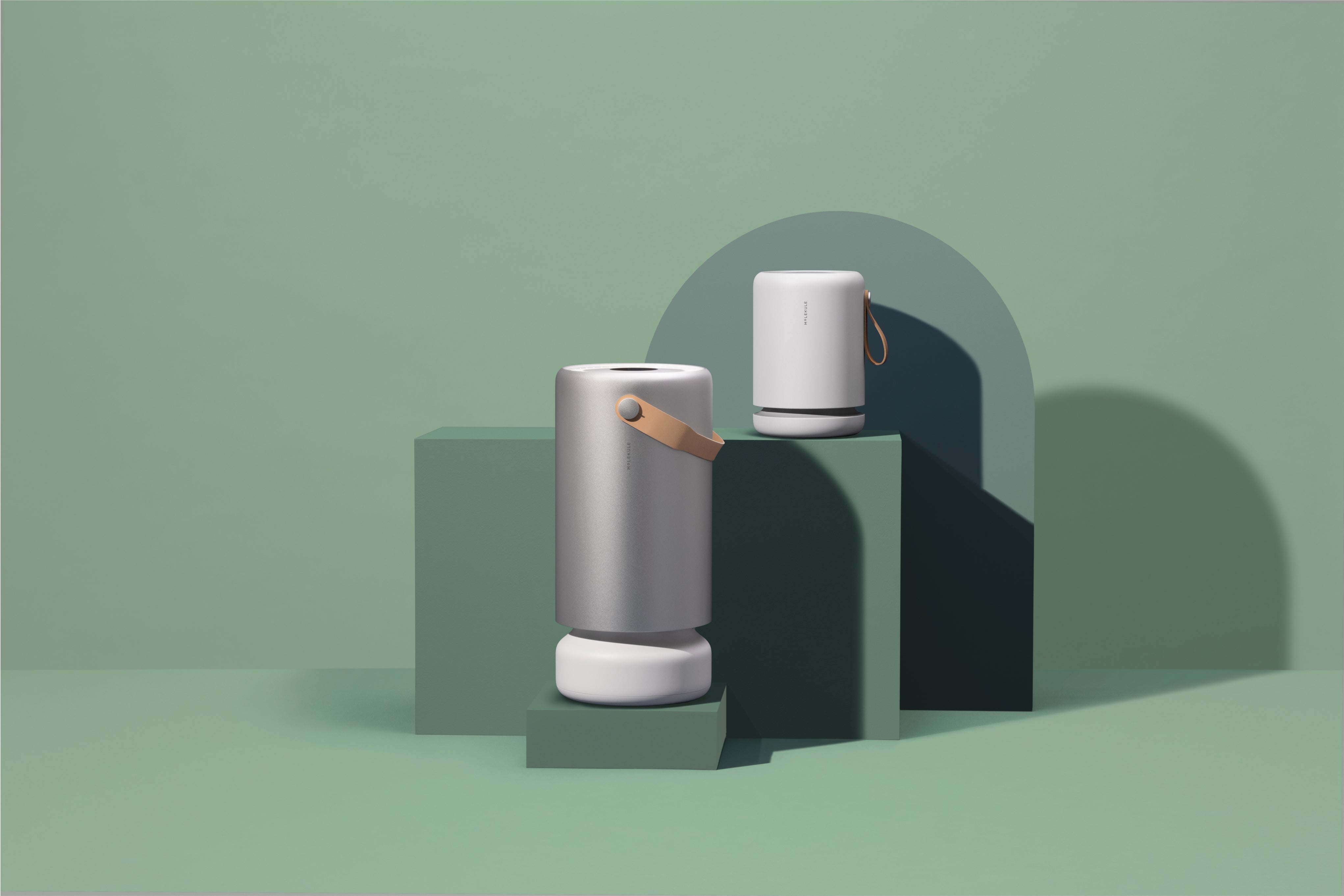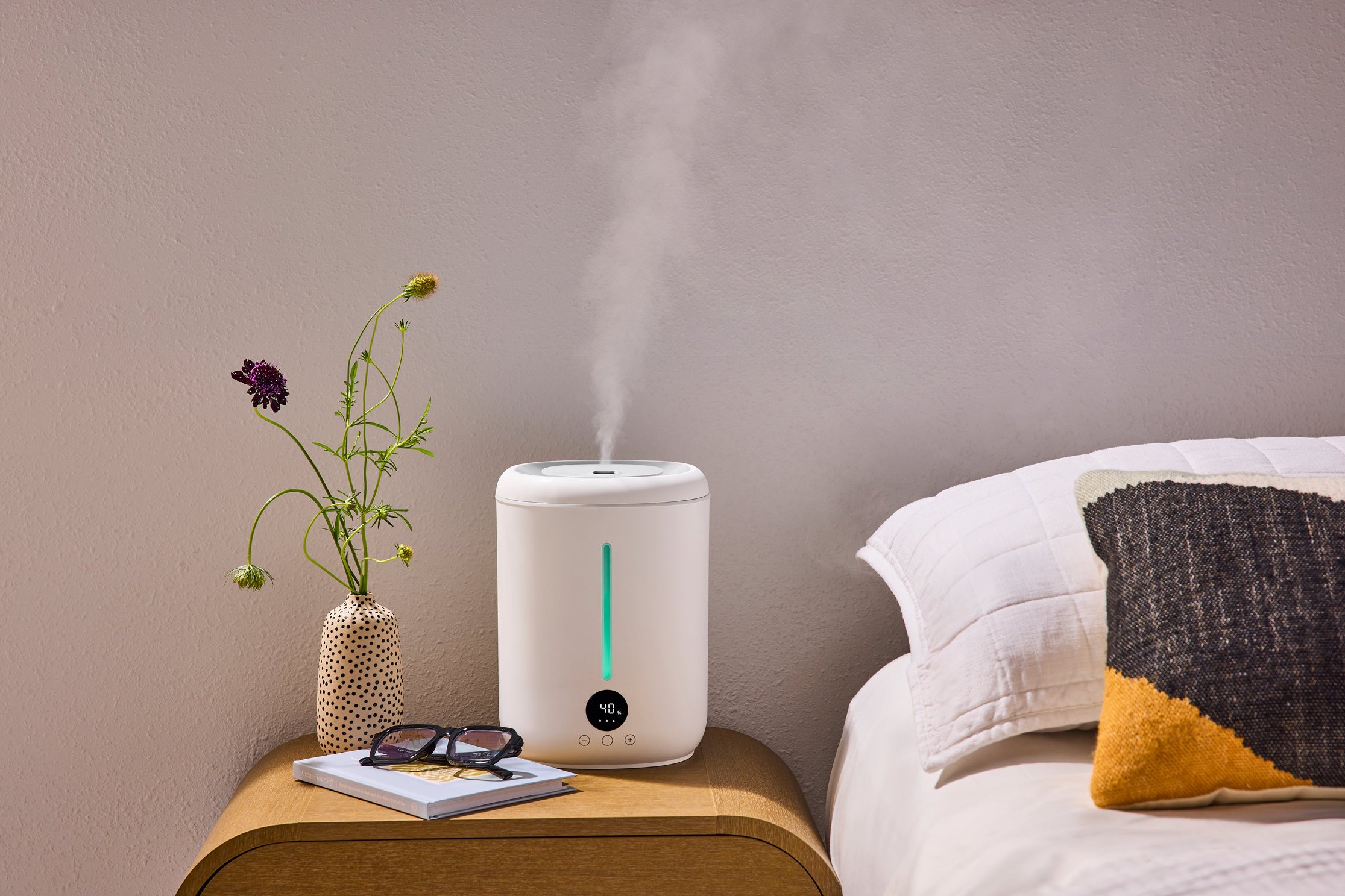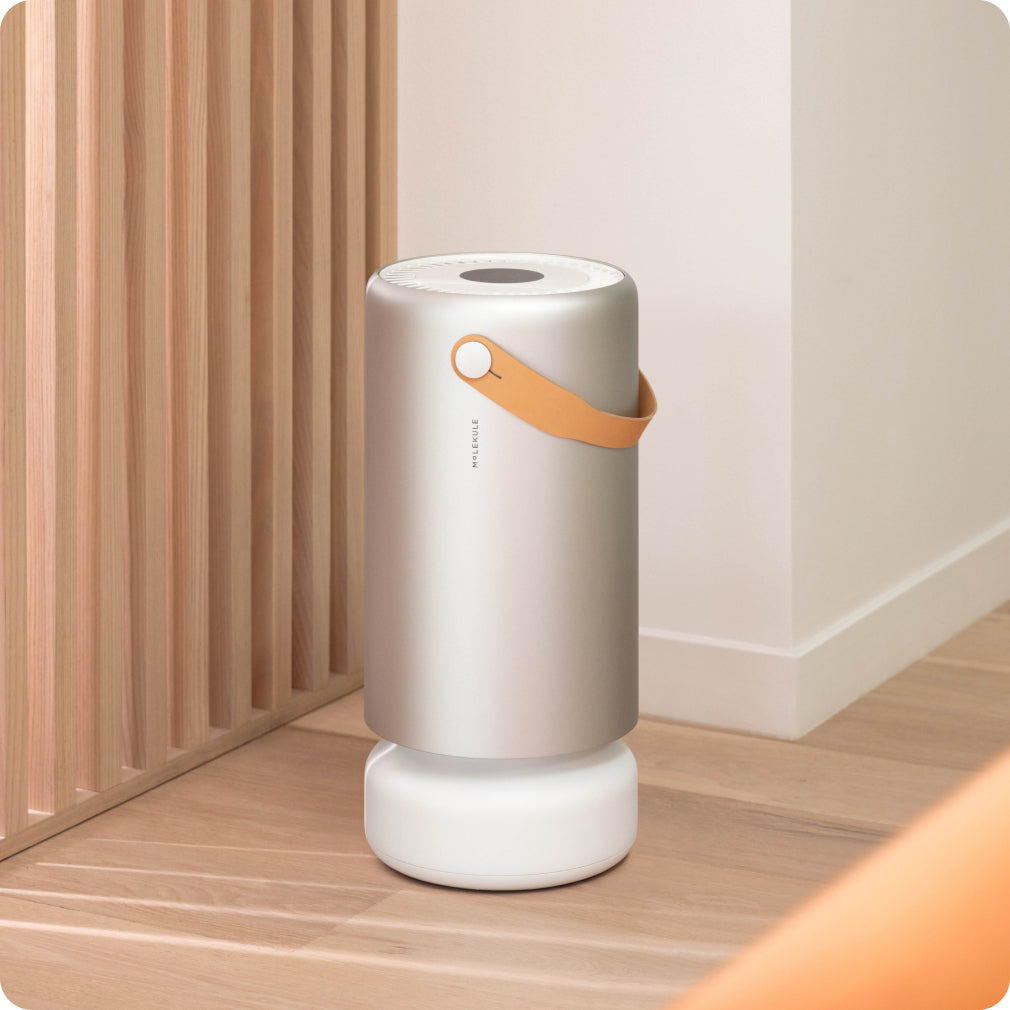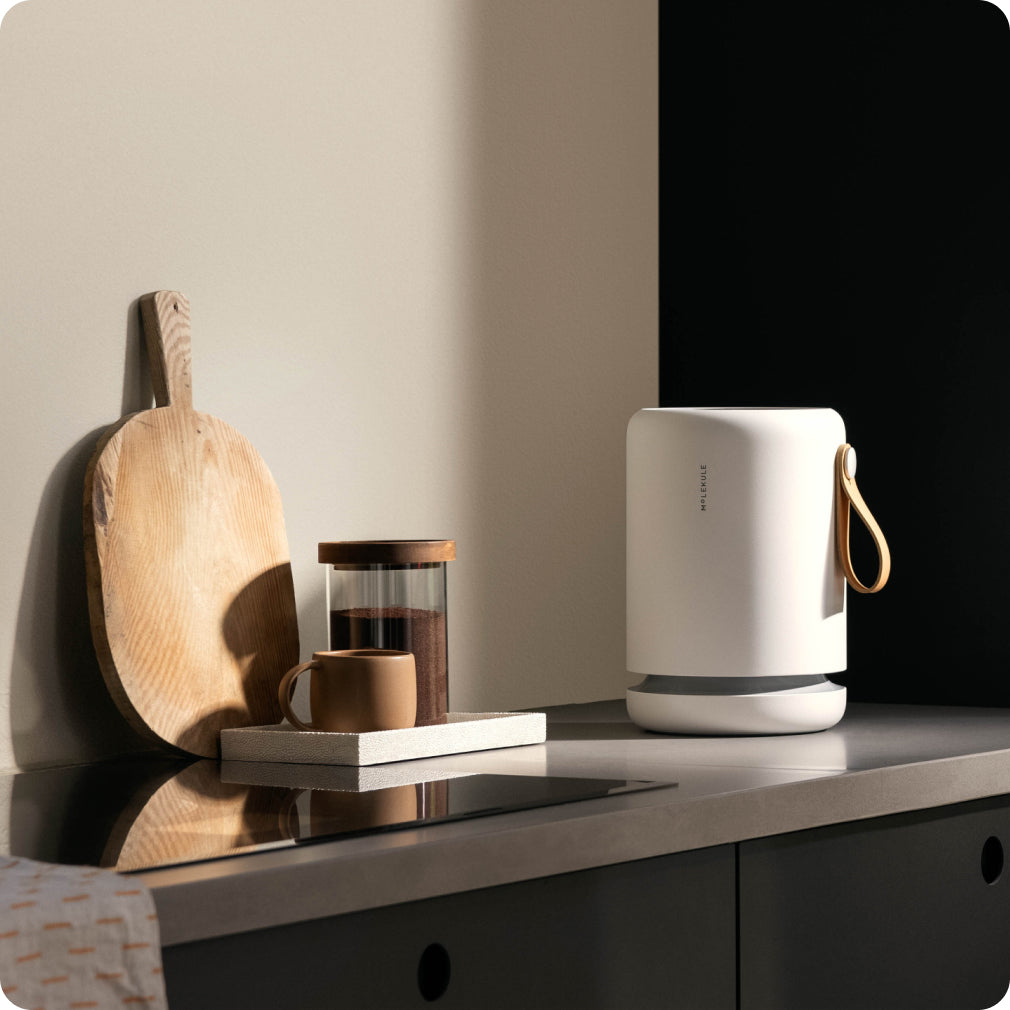The Global Day of Unplugging is about understanding how technology influences our daily lives by taking a full day to abstain from using technology like smartphones. Most of us remember a time when everyone did not have the entire internet in their pocket, and have had to navigate the extremely rapid adoption of these devices and all of the good and bad information they feed us.
Smartphones, their apps, social media, and the vast networks of stimulation they offer were all designed in similar industries with the intent to make consumers emotionally connected to using their devices. The calm blue of social apps, the mild green of financial apps, or the rich green of health apps are all designed to foster an emotional payoff during use. Not to mention the bright red number badges next to icons indicating that your attention is required, perhaps from someone you know.
The Global Day of Unplugging is about taking a step back and taking stock of how you dedicate the immense power of your smartphone and the internet presence that it mediates to be sure that your interaction with technology is positive and helps your life. If everyone used smartphones only for education and constructive communication, this day would not be necessary, but we know that is not true. Unfortunately, smartphone addiction is all too real and plenty of people are dedicating a shocking amount of power to being distracted or worse, in ways that destroy their self-confidence in their real-world self.
Let’s take a look at some of the science about our smartphone behavior and the best and worst ways to go about it.

Don’t let your phone burn a hole in your pocket
Put your phone away, it’s smart enough to distract you for long periods. We’ve all heard that smartphones have far more power than NASA had to get to the moon in 1961, which is true to a staggering degree. During the NASA moon landing in 1961, if all of the money in the world was spent only on the NASA computers of the time, the world could perform about 8 billion operations (such as adding or subtracting numbers) per second. Your smartphone is faster than a thousand such global computation networks and is probably worth around $500, or 0.000000000005% of the money in the world.
Still, most of us would find it challenging to get to the moon with our smartphone apps, even if our pocket computers are godlike compared to early NASA. This is because every computation done by the moon landing computers was dedicated to the most vital equations about conditions between here and the moon. Smartphone computing today is dedicated to drawing graphics, maintaining legacy software, keeping in communication with cell towers or wifi, and always having something emotionally engaging for you to do.
Most of us don’t realize it, but with a smartphone nearby we have to spend a large amount of mental energy to disengage with all the cool things it is capable of. This means we are effectively stupider when our phones are in reach because we continually stop paying attention to what we’re doing to think about the possible fun, engagement, or interest in some app.

During the Global Day of Unplugging
The simplest way to short-circuit this problem is to put the phone out of reach, ideally in another room, in the car, or anywhere that is secure and requires a few minutes to access. When the prospect of using the phone is linked with an arduous journey, it will pop up in your mind a lot less. Then consider how much it changes your behavior and if your phone should be out of reach more often.

A smartphone is not smart about your mental health
Delete a social app or two. Before they were smart, they were cell phones or just regular phones used to chat with anyone in the world. The communication function of smartphones is not their only use, of course. 2022 was the first year Americans used their phones more than their TVs to consume digital media, while also contributing to the global average of 2 ½ hours of daily social media.
Social media use in teenagers and particularly in girls was found by at least one study to be more harmful to mental health than obesity, binge drinking, hard drug use, or sexual assault. Problematic smartphone use is associated with low self-esteem in many studies, and is often defined by smartphone use that interrupts daily life or gets in the way of real-world interactions. It’s typically associated with using the phone for many hours a day, but depends on how the phone is used. Video chatting with loved ones all day is not likely to be harmful but a few minutes of particularly negative social media use can be.

During the Global Day of Unplugging
Consider deleting social media apps during the Global Day of Unplugging. You can keep the account to keep the connections and re-install later if you feel like it, but only being able to access the account from a desktop will help to reduce how much you use your phone and think about checking it for updates. Then consider if you feel freer or lighter as a result- that probably means the social media app was more effort than it is worth.
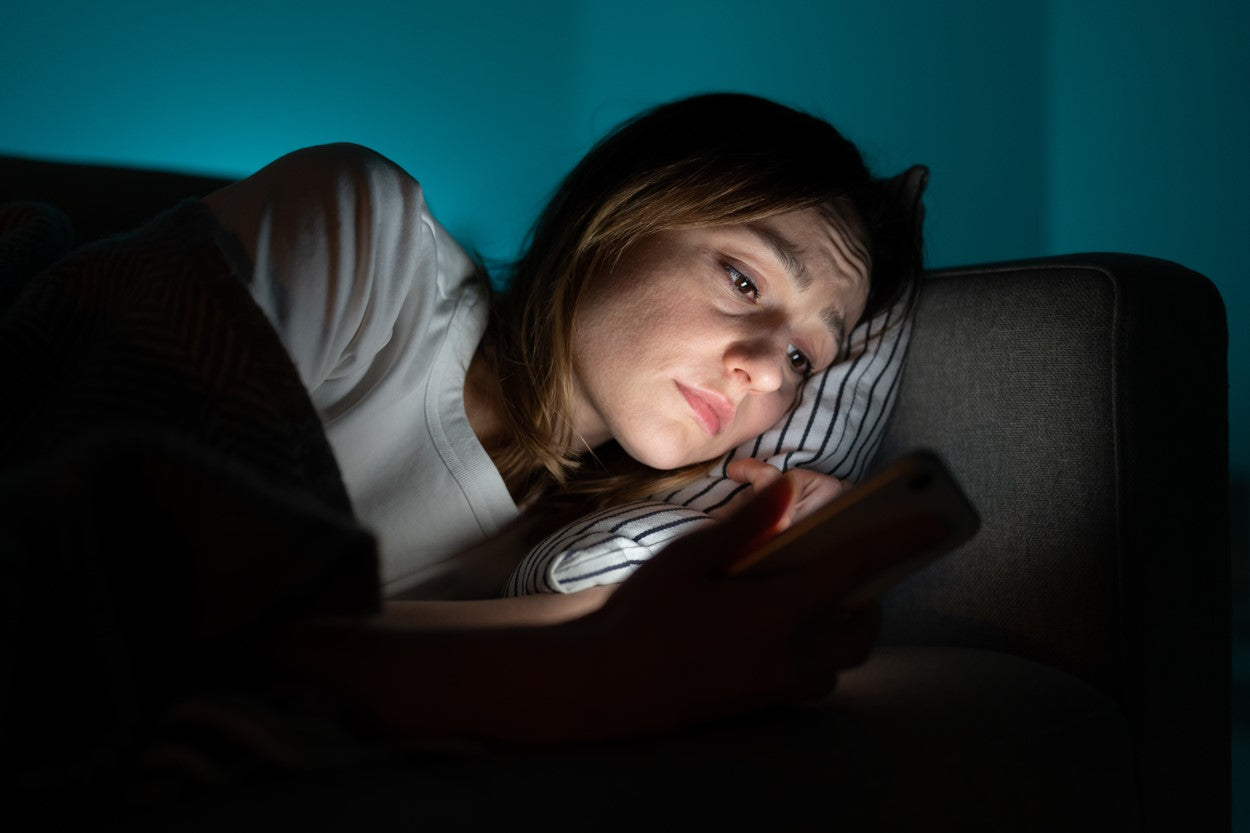
Sleep is more fragile that you think
Sun down, phone down. New technology has been taking away a lot of our sleep. Teenagers with smartphones just sleep less, and sleep quality can be strongly impacted by problematic smartphone use. Looking at bright light or engaging in activities that involve strong emotions before bed can ruin our sleep for the night.
Sleep hygiene is rapidly becoming a health trend due to the volume of sleep experts weighing in on all of the important but small things that can disrupt our sleep and could ultimately affect our health. One study during the COVID 19 pandemic found that people whose evening electronic device use increased had bad sleep, they had more problems getting to sleep, staying asleep, and if they had existing sleep problems they had got worse. Conversely people who reduced device use during the pandemic saw any sleep problems improve.

During the Global Day of Unplugging
Consider what it is like not using your apps as the day winds down, perhaps turn your phone off and plug it in to recharge in some tucked away corner ready to be for you in the morning. Try not to watch TV or use a computer, either, instead you can clean up, read, meditate, or discuss the day. Then consider how inviting your bed is, if the feeling of wanting to sleep is new or strange, you might be ruining your sleep by going to bed thinking about your phone.

Get your phone on your side
There are, of course, possible benefits to smartphones, like being used to make mental health treatment instantly available or as a medical device itself that receives and reports information about your body. People who are under about 25 today grew up having to navigate the power that smartphones bring to the world and have been found to be more able to use them constructively.
The balance rests on whether or not the activities on the phone disrupt daily life, and how well the phone is integrated into the efficiency of the day. Stopping what you are doing to check an app for no other reason other than to interact with the app interrupts the flow of the day and it can take a while to get back into it.

During the Global Day of Unplugging
Consider what you got done at the end of the day and if your apps would have added to or taken away from your flow from activity to activity. This includes breaks or resting, if you normally would have used your phone but instead stared out the window. Then consider exactly how much the phone would have added to what you needed without it. If the phone didn’t add to your day, it might be a good idea to make some of the changes above more permanent.

It might not be appealing to stare at the wall instead of your phone, so getting apps that are not supposed to be stared at can help make your phone use healthier. Exercise has been found to be one of the best ways to get over cell phone addiction, so grab a simple workout app instead of re-downloading social media.
Always remember that those of us with existing mental health issues, emotional health issues, or environmental stressors are more susceptible to problematic use. If you, a friend, or a loved one fit one of these descriptions then problematic smartphone use is likely a symptom, and the other issues should be dealt with first by a professional.
Keep to date on how technology is changing our world on Facebook, Instagram, Twitter, and on the Molekule blog.
